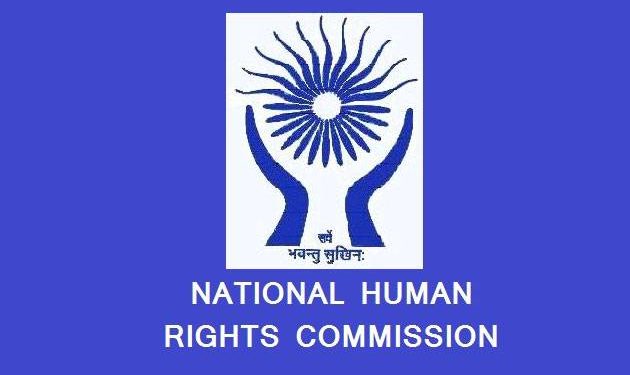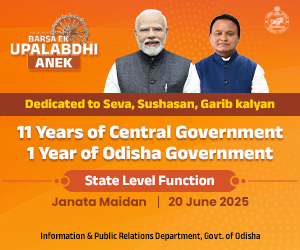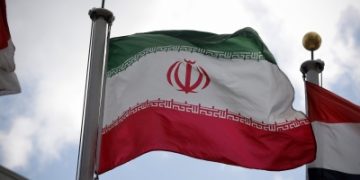Kendrapara: Accepting the submission of rights activist Radhakanta Tripathy, the National Human Rights Commission (NHRC) has reopened the Lower Suktel case, and has issued a notice to the Chief Secretary of Odisha to reply within six weeks.
Earlier, the NHRC had closed the case as one Chandrananth Dani failed to submit his reply before the Commission.
The first case was filed by Tripathy in which the NHRC accepted the contention of the District Magistrate of Bolangir who submitted that the Suktel Irrigation Project was approved both by the state and Union governments.
Around 29 villages are going to be affected by this project. Out of this, 24 villages have accepted the notification. Compensation to the people of 14 villages has already been paid as per law.
It was also reported that steps had been taken by the state for resettlement of 1,300 families in Larkipali and Sadeipali villages near Balangir town.
In Khujenpali village, 86.64 acres had been identified for rehabilitation of the displaced families. The report said that only 20 per cent of the displaced families had opted for house sites.
The total private land proposed to be acquired was 9,943 acres. Out of this only 5,617.16 acres has been acquired in 17 villages.
Out of the sanctioned compensation of Rs 100 crore, about Rs 95 crore have been disbursed.
The report says that all possible steps for payment of compensation and for rehabilitation of displaced families are being taken by the state.
The Collector reported that in 16 of the 29 villages socio-economic and cultural surveys had been conducted by an NGO, Institute for Socio-economic Development, Bhubaneswar.
Subsequently, when there were large scale protests by the affected people and activists, Tripathy filed another petition before the NHRC.
He highlighted the fact that no displacement without proper rehabilitation should be allowed by the state in the name of development.
The element of sustainability and inclusive growth should not be bypassed by the government while executing the project, he said.
In his petition Dani had cited the attack on Amitabh Patra and police atrocities. The NHRC sought a response from the state, and it replied that the government is well aware of the law and will take all steps to address the situation.
The NHRC then sought a rejoinder from Dani and Tripathy. Dani kept mum and did not file any reply before the NHRC.
Tripathy, in his rejoinder, stated that the report has not discussed various other things. Land acquisition proceedings have not been completed in the affected area. There is large scale corruption in the process. No assistance to construct temporary housing, or transport and maintenance allowance had been paid to the victims, he contended.
The claim of the government that possession of the land has been handed over is false as affected families have not been staying on the land handed over to them, he said.
There is no livelihood support for STs as mandated under the Forest Rights Act, 2006, the petitioner said.
Tripathy requested the NHRC to depute a special rapporteur to investigate the case and submit a comprehensive report and to direct the Chief Secretary to immediately constitute an expert committee to address human rights issues regarding compensation, rehabilitation and livelihood support for the displaced people and compensation for ‘atrocities’ committed by the state.
Considering the issue’s seriousness, the NHRC deputed a special rapporteur, and he sent his report.
The state also admitted that formalities are not complete in the case. Subsequently, the NHRC sent the report of the special rapporteur and reports of the state to Dani for comments who did not file a reply. The NHRC then closed the case.
However, Tripathy in a recent submission, contended that he is a co-petitioner and based on his rejoinder the matter has to be investigated, but the case was closed without informing him.
The NHRC considering the submissions of Tripathy, reopened the case and issued a notice to the Chief Secretary.
PNN







































